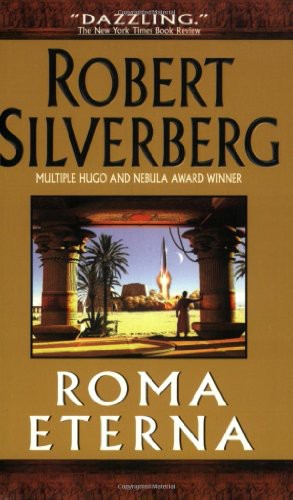
Аннотация
Silverberg’s magisterial alternate history is likely the coda to his ongoing exploration of a Roman empire that survived in some form to a time contemporary with our world’s present. The turning point in his version reflects Gibbon’s view that Christianity undermined the later empire, though Silverberg disposes of Christianity long before its this-world birth by preventing the Jews’ escape from Egypt. (He also eliminates Muhammad and Islam.) His development includes a good many realistic features, such as fairly constant tension, sometimes erupting in warfare, between Greek and Latin cultures within the empire. He also plays dating games for the historically literate with a calendar reckoned from the founding of the city in our 753 B.C.E. Inevitably, the book reads like a squadron of short stories flying in close formation (in fact, many parts of it have been published as individual short pieces). They are very good stories, though, full of Silverberg’s seasoned expertise in historiography, characterization, and world building, and they offer something to satisfy most readers’ tastes.
![La maison en os [House of Bones -... La maison en os [House of Bones - fr]](https://www.rulit.me/data/programs/images/la-maison-en-os-house-of-bones-fr_297610.jpg)
![Se familiariser avec le dragon [Getting to Know the Dragon -... Se familiariser avec le dragon [Getting to Know the Dragon - fr]](https://www.rulit.me/data/programs/images/se-familiariser-avec-le-dragon-getting-to-know-the-dragon-fr_298079.jpg)
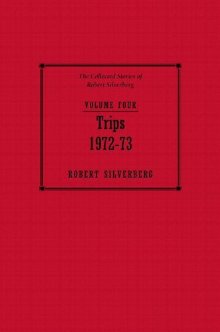

![Hacia la estrella oscura [To the Dark Star -... Hacia la estrella oscura [To the Dark Star - es]](https://www.rulit.me/data/programs/images/hacia-la-estrella-oscura-to-the-dark-star-es_267795.jpg)
![Выпуск 13/1. Первый и начало второго романа цикла о Лорде Валентайне.
Роман «Замок лорда Валентайна»— это удивительная история о невероятных приключениях... Валентайн Понтифик. Том 1 [Сборник]](https://www.rulit.me/data/programs/images/valentajn-pontifik-tom-1-sbornik_588895.jpg)

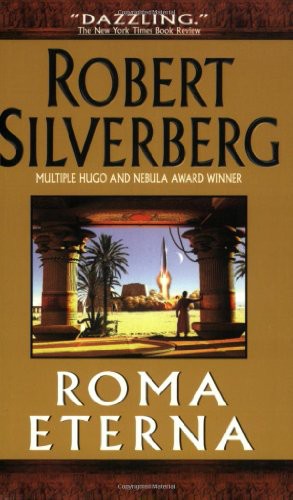
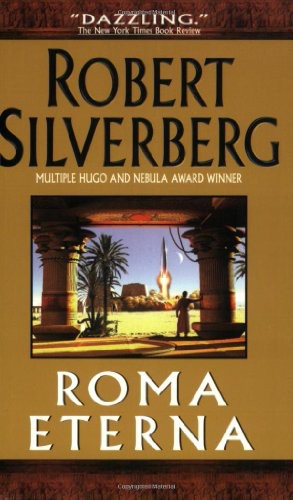
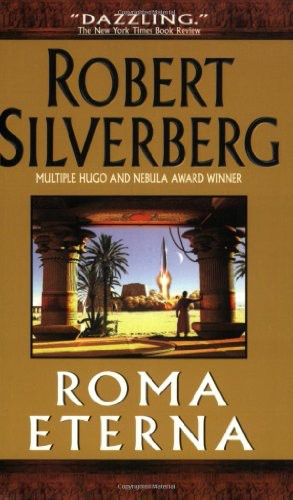
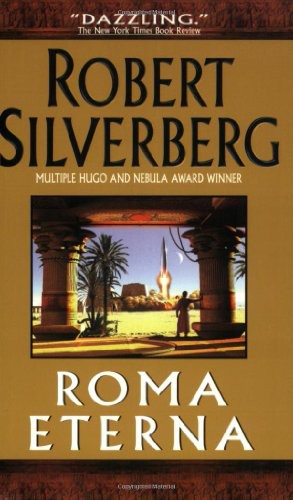
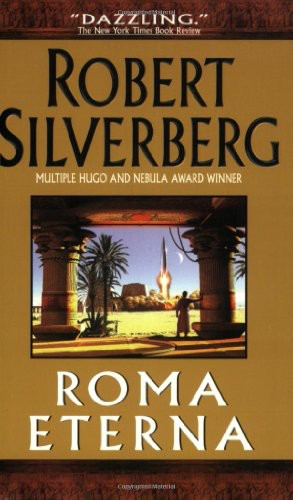
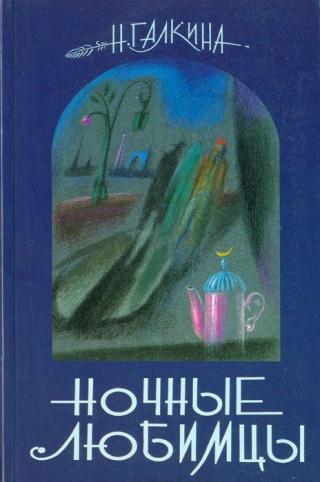
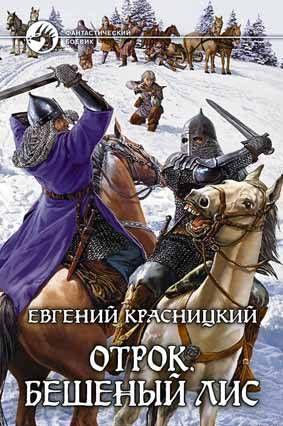
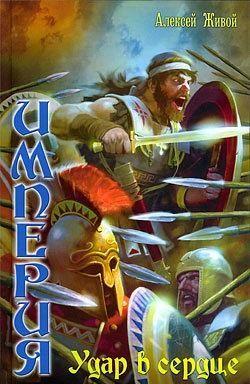

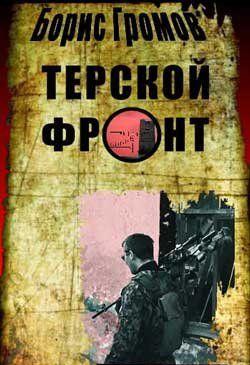
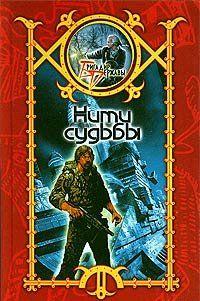
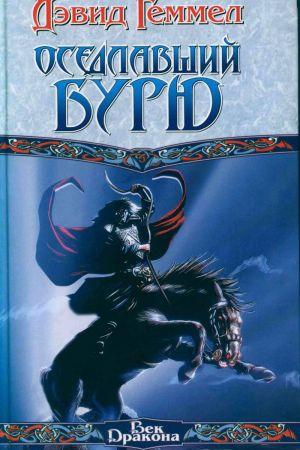
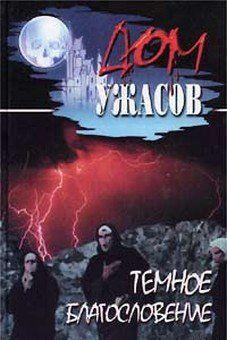
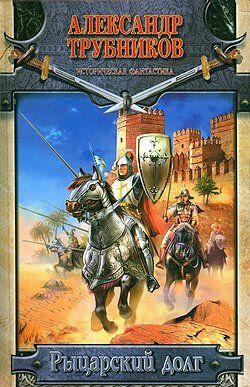
Комментарии к книге "Roma Eterna"